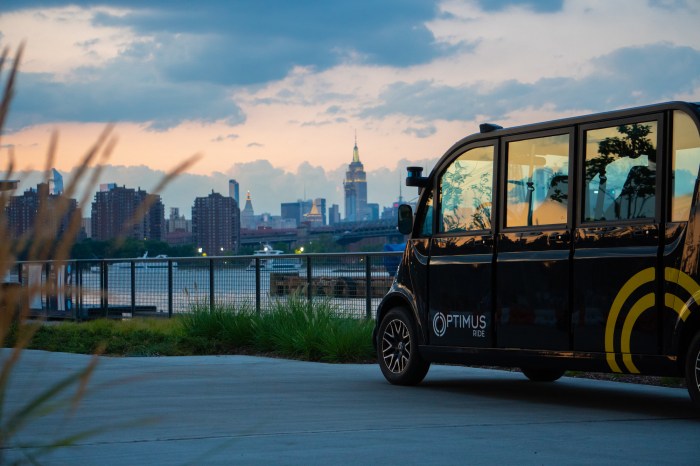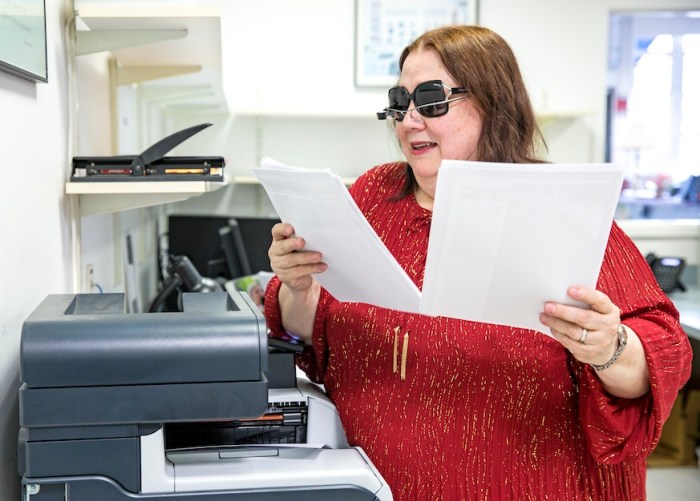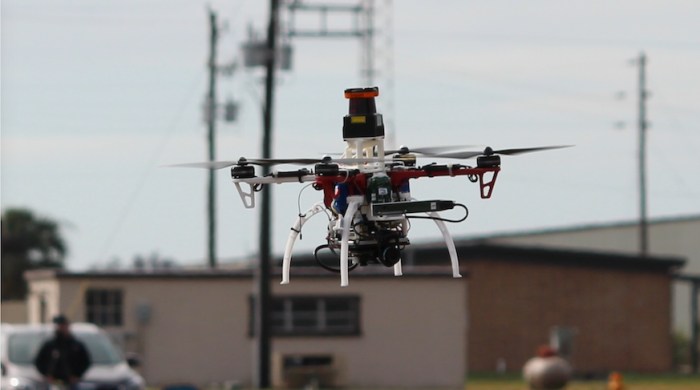It’s a frightening thought that advancements in speech recognition and computer vision mean that robots are now starting to perceive the world the way that humans do.
Earlier machines were largely “deaf” and “blind” but new technologies have enabled them to learn to interact with us and take over routine activities.
“A trend in robotics is to have them working directly with people and not in separate areas, as it is common in, for example, car manufacturing,” said Bart Selman, professor of computer science at Cornell University, NY. “This makes a path for robots into many more environments, such as houses and office buildings.” Actually, machines are already starting to take on jobs that previously were just done by humans.
RELATED:Drones: The future of delivery?
For example, the so-called chatbots are already augmenting the work of some call centre staff. It became possible after recent developments in artificial intelligence allowed robots to learn everything from data sets to mimicking how the human brain works. “Over the course of the next two or more decades, I think many jobs will be impacted,” explained Martin Ford, author of “Rise of the Robots: Technology and the Threat of a Jobless Future.” “Some studies have suggested as many as half of them might be vulnerable, but I wouldn’t focus too much on exact percentages.” He added: “Even if only 20 per cent of the jobs disappear that would have a dramatic impact on both society and the economy.”
However, some experts think humans don’t have to be too concerned. Instead, we need to think more along the lines of what functions we perform and how automation could assist us.
“When businesses first started using personal computers in the early Eighties, a secretary feared a computer will eventually replace her,” said Joanne Pransky, U.S.-based robotic consultant. “Instead, more specialties were added to the secretary classification.” But Stuart J. Russell, computer scientist and Artificial Intelligence expert at University of California at Berkeley, says he knows many leading economists who are convinced that new jobs will arise automatically to replace the old ones. RELATED:Medical robotics: The future of treatment
He said: “There is a need for active management of the transition to a new economy, but for that to happen there has to be at least a rough sketch of what it might look like. This is what is missing.” Indeed, having a robot on your side might well prove to be a positve. Household machines could replace maids and help the elderly live independently for longer by providing care, in some instances, instead of doctors. While digital assistants soon will be benefiting those who have many routine daily tasks. Though we are still in the very early stages of the robotics industry, it is already being trialed in some industries such as hospitality and motor.
“I expect to see significant growth over the next few decades,” concluded Selman. “To be prepared for the forthcoming reduction in employment, society needs to make sure that everyone can still lead a useful and meaningful life.” RELATED:Boston’s NUTRONs are taking aim at a high school robot championship Four jobs we could lose in the future
Driver. Robots have already proved they can navigate obstacles. and soon they could be in the driving seats of taxis and lorries. “Self-driving cars are also making dramatic progress. Once they are viable they will be safer and more efficient than humans. Millions of jobs will be at risk,” said Martin Ford, author of “Rise of the Robots.” Receptionist. Robot ‘Aiko Chihira’ was ‘hired’ for the position of receptionist at Mitsukoshi department store in Tokyo, Japan, in 2015. The female humanoid dressed in the country’s traditional kimono was created by Toshiba Corp. Chihira is now helping shoppers by providing directions and necessary information. Metal and plastic machine workers. Four highly flexible Kuka robots have demonstrated the ability to perform precise movements at theRobochop interactive installation, part of the CeBIT technology trade fair in Hanover, Germany. They autonomously cut different 3D objects from plastic. Machine workers better watch out. Waiter. If you find human waiters aren’t always on the ball, you should visit a restaurant inYiwu, China, where a ‘male’ robot called ‘Little Blue’ and the ‘female’ one, ‘Little Peach, will happily serve you. Both robots take orders and deliver them to customers seated along the magnetic track. —Dmitry Belyaev
Robots will steal your jobs in the future

Getty Images

















